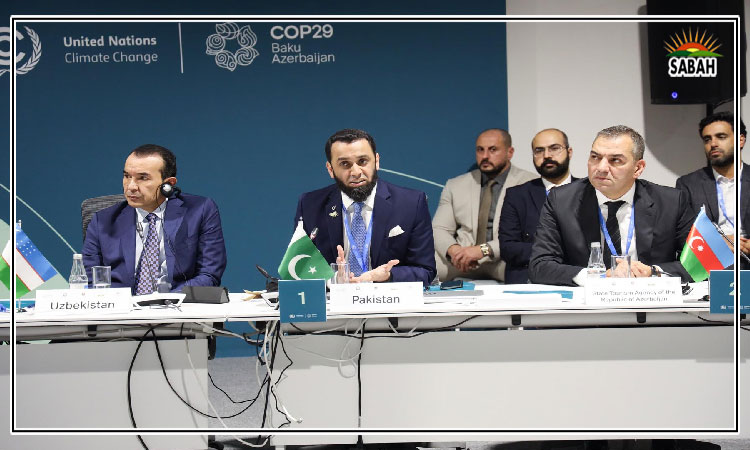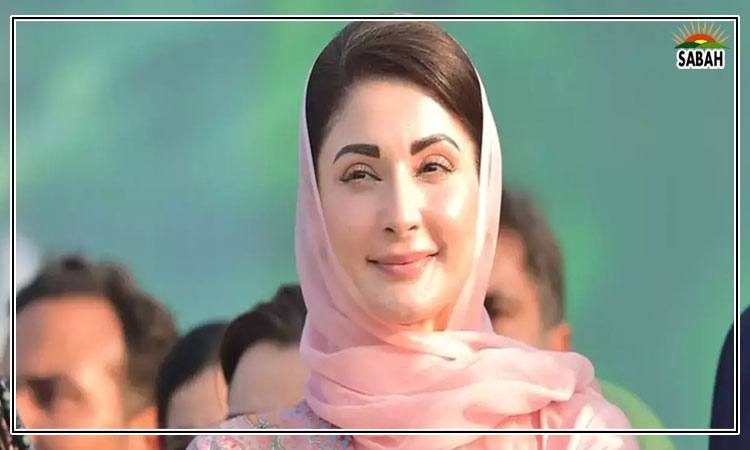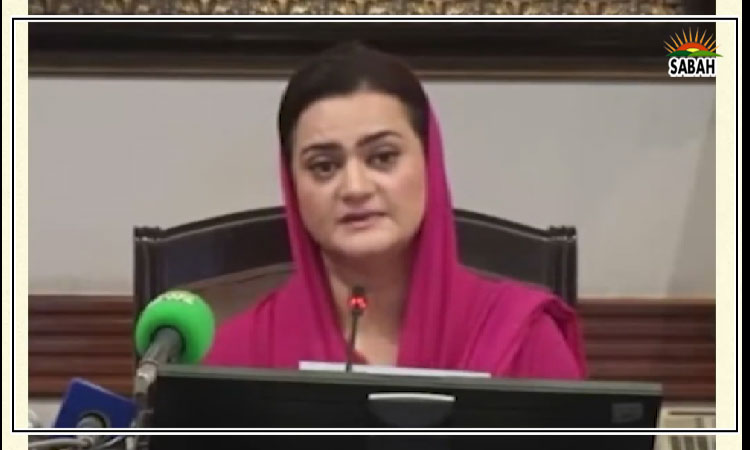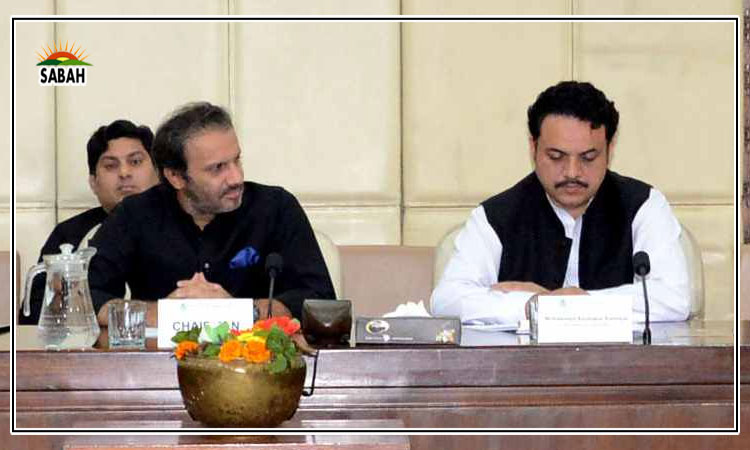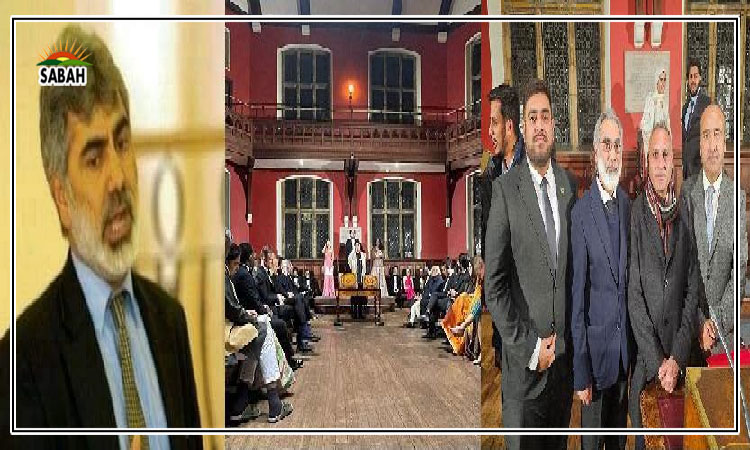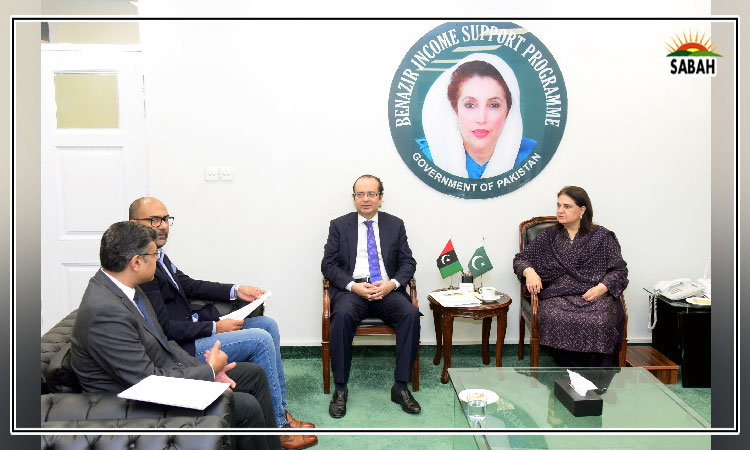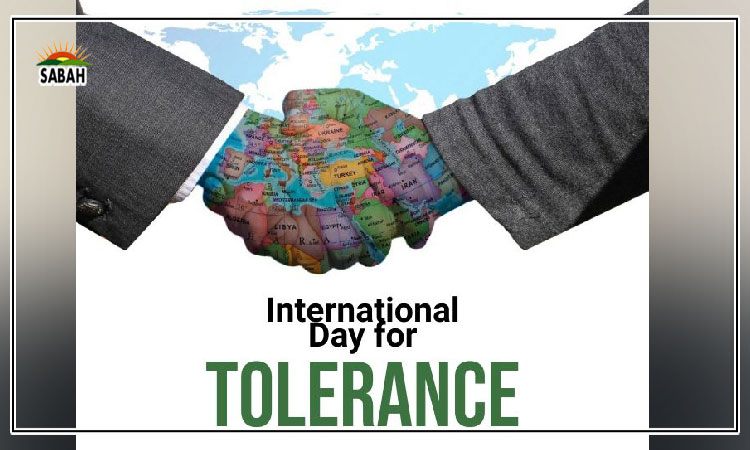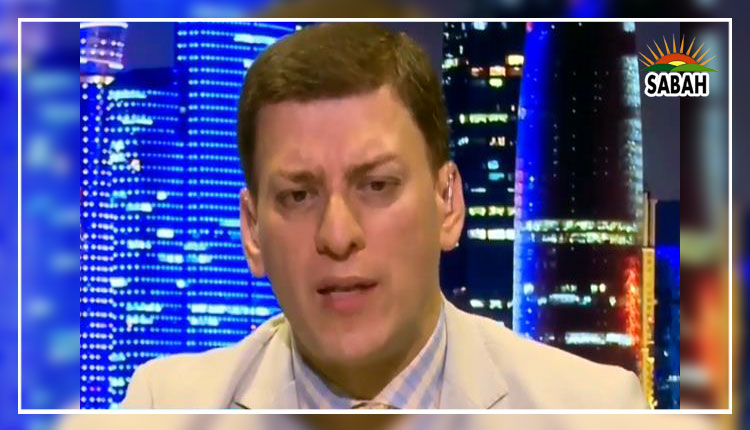From 230,000 to 500,000 people were killed in Jammu in 1947: Dr. Farhan Mujahid Chak
SARAJEVO, Dec 20 (SABAH): Secretary-General Kashmir Civitas Dr. Farhan Mujahid Chak has said that Kashmir Civitas is proud to announce the successful completion of the first session of the Russell Tribunal on Kashmir. He said that from 230,000 to 500,000 people were killed in Jammu in 1947.
“We had a tremendous positive response from the Bosnian community-academics, scholars, students and civil society representative. With over 70 guests, from several countries who have flown into Sarejevo, and nearly 100 local participants, the event was electrifying, engaging and epic” the co-host of the Russell Tribunal on Kashmir, Dr. Farhan Mujhid Chak said in a statement issued on Monday.
“We wish to congratulate our partners World Kashmir Awareness Forum, the Bertrand Russell Peace Foundation (Nottingham, UK), the Permanent People’s Tribunal of Bologna, Italy the Center for Advanced Studies in Sarajevo, Nahla, Aljazeera Balkans and International University of Sarajevo (IUS), for supporting us in this important initiative. Together, this tribunal focused on intersectionality and interdisciplinarity in order to highlight the crimes occurring in the disputed territory of Jammu and Kashmir, but also show solidarity to the Bosnian community. Especially now, since there are serious constitutional challenges ongoing and there is renewed threat of war. For that reason, we are present to say ‘No’ to genocide and firmly oppose genocide denial.
Dr. Farhan Mujhid Chak said that the Russell Tribunal on Kashmir takes inspiration from the late, eminent Professor Bertrand Russell who, out of his sheer will, decided to launch a citizen’s initiative against the War in Vietnam. Bringing together illustrious global personalities, leading academics and world renowned human rights defenders his model has become a standard from which we may hold government to account for they commit. Our voice, the voice of the people, matters.
He said that the focus of the Russell Tribunal on Kashmir was on 4 thematic areas and takes a comparative, interdisciplinary approach: First session; the discussion was on Genocide – including a discussion on Srebrenica and the Jammu Genocide in which an estimated 230,000 – 500,000 peoples were killed. Secondly, our next session will focus on De-Colonization. Kashmir is not a secessionist/separatist movement, but a de-colonial movement. Our third session delve deeply into the phenomenon of Settler-Colonialism (including land-grab s, coercive patriotism) which also engages in a comparative discussion by mentioning Palestine, Bosnia, while focusing Kashmir. Lastly, the final session focuses on the theme of Nuclear War and threat to global peace. The current heightened instability between Pakistan, China and India should terrify the world. Professor Brian Toon powerfully and persuasively spoke of this.
He said that several notable and illustrious global personalities were present to listen to the proceedings, participate and act as citizen judges. That includes Professor John Anthon Carty, Professor Sami Al Arian, Hatem Bazian, Tarek Cherkaoui, Yvonne Ridely, David Hearst, Professor Dalia Mogahad, Professor Jonathan Brown, Professor Khaled Beydoun and Shaikh Dr. Omar Suleiman, and many more. This panel of judges will listen to the proceedings and, thereafter, finalize a report that will be distributed to UN Agencies, EU Parliament and other world bodies and governments.
He said that the Russell Tribunal on Kashmir aims to reaffirm the primacy of international law as the basis for solving the Kashmir conflict. Moreover, it aims to raise awareness of the responsibility of the international community to prevent ongoing crimes against humanity and the potential for a genocide to occur. We cannot stay silent in the face of this threat to the international community and must raise awareness and shine the spotlight on those who could commit such crimes. Yet, this is only the first of many proposed tribunals that will highlight the crimes against humanity and genocidal policies of the Indian state in the disputed territory of Jammu and Kashmir.


